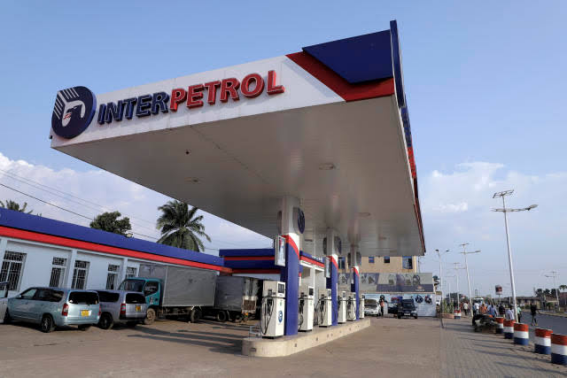
Burundi Struggles with Power Cuts and Commodity Shortages Amid Slow Return to Global Stage
By Fiona Nanna, ForeMedia News
8 minutes read. Updated 3:00PM GMT Tue, June 18, 2024
Burundi, a nation nestled in East Africa, is grappling with significant power cuts and commodity shortages, despite recent efforts to emerge from years of international isolation. While political stability has improved, everyday citizens continue to bear the brunt of these lingering challenges.
Burundi has a troubled past marked by political turmoil and economic struggles. According to United Nations figures, the landlocked nation has frequently been described as one of the world’s poorest countries. Years of political crackdown and subsequent sanctions left Burundi relatively cut off from critical international partnerships.
In recent months, shortages of essential commodities like fuel and sugar have plagued the country. However, the electricity crisis stands out as particularly debilitating. Daily power outages, often exceeding two hours, disrupt economic activities across the nation. Such extensive power cuts are unusual even in a region where many governments face difficulties meeting electricity demands.
The impact of being offline from key international partners has been significant. Although current President Evariste Ndayishimiye has promised reforms and sanctions have begun to ease, the road to full recovery remains long. The European Union and the United States have gradually lifted some sanctions, signaling a slow but steady return to international favor.
Despite the challenges, Burundi has seen some positive developments. In January, the World Bank announced a $40 million grant to help the government alleviate acute commodity shortages and enhance the credibility of Burundi’s financial system. This assistance is crucial for a country heavily reliant on donor support and with limited exports.
In January, Burundi faced additional complications when it closed its border with Rwanda, accusing its neighbor of supporting rebel groups—a claim Rwanda denies. While Burundian authorities insist that the border closure has not significantly contributed to the commodity shortages, it has undoubtedly affected trade dynamics in the region.
For many Burundians, the unreliable power supply is the most pressing issue. Business owners across the country report significant losses due to frequent power cuts. From hospital administrators to hoteliers, the impact on daily operations is profound. The Burundi power cuts impact the economy, stalling growth and development.
In Ngozi, a northern town, hairdresser Anicet Manirambona expressed her frustration with electricity cuts disrupting her work. “It can take several hours,” she said. “Angry customers decide to leave and never come back.”
Businesses with generators also face difficulties due to sporadic fuel supplies, primarily caused by foreign currency shortages. “We are sometimes forced to temporarily interrupt our programs because of the power cut,” said Bénigne Magendero, director of Radio Buntu in Ngozi.
Burundi’s installed electrical capacity is around 115 megawatts, with less than 15% of the population connected to the national grid. To achieve its industrialization goals outlined in a 10-year development plan, the country needs 400 megawatts. The government attributes the power outages to outdated equipment from the 1960s.
There is hope on the horizon, however. A new hydroelectric power plant in Cibitoke province is expected to add 20 megawatts to the grid. Additionally, two more hydroelectric power plants under construction will contribute a total of 76 megawatts when completed later this year, according to Regideso, the state-owned utility company. These Burundi hydroelectric power projects aim to provide a stable electricity supply and support economic growth.
For business owners like Evariste Hakizimana, the director of a printing company in Bujumbura, the erratic power supply directly impacts customer satisfaction and company reputation. “When we launch our business, our first priority is to satisfy our customers,” he said. The unreliable power in Burundi “has an impact on the reputation of the company.”
Burundi’s journey from international isolation to stability is fraught with challenges. While political reforms and international assistance offer hope, the ongoing power cuts and commodity shortages continue to hinder economic recovery. The government’s efforts to upgrade infrastructure and secure more reliable power sources are crucial steps toward a brighter future for Burundi.
For further insights on Burundi’s economic and political landscape, visit the World Bank and the United Nations.

